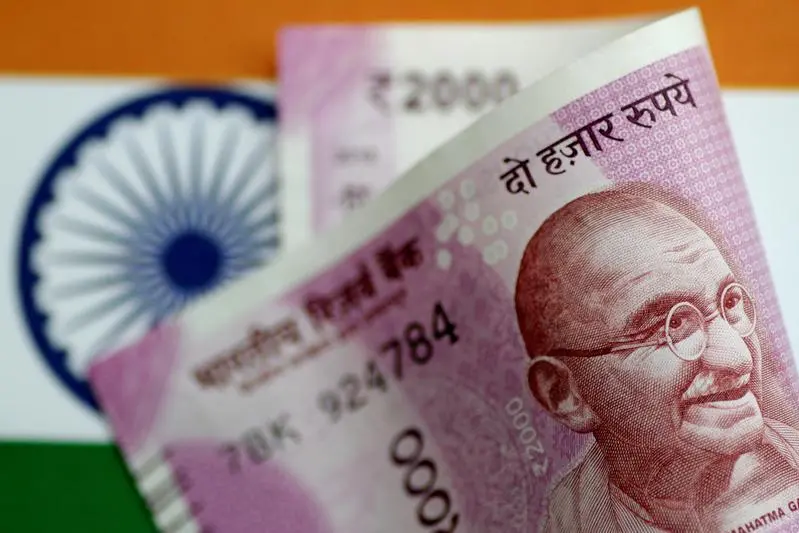PHOTO
MUMBAI - India is once again showing off its protectionist streak. Local stock exchanges will no longer share data with foreign rivals for offshore trading of options and futures. That is most painful for the Singapore Exchange, where futures trading of the Indian benchmark Nifty 50 index account for about 12 percent of derivatives volumes. Shares of the bourse in the Lion City fell 7 percent on Monday.
This is a rare coordinated decision from the National Stock Exchange, the BSE and the smaller Metropolitan Stock Exchange. The bourses acted, they said, on worries about the migration of liquidity from India. A recent official report shows trading in Nifty Futures on the SGX in the last financial year was almost as much as on the NSE, the largest Indian bourse. Nifty derivatives also trade in Chicago, Japan and Taiwan.
Many hedge funds and other investors trade through places like Singapore. They do this because of what they see as the high costs of compliance, acquiring a licence, and so on in India, as well as for tax and currency benefits. Ending data-sharing follows India's introduction earlier this month of a 10 percent tax on long-term capital gains, which threatened to send yet more investors overseas, where they could trade via derivatives and avoid the new tax. Indian exchanges will hope to stop any further flight – and potentially win back investors who believe the country's economic reforms will fuel a further rally in the Nifty.
Yet the coordinated move also stinks of political interference. New Delhi is probably eyeing one of two benefits. It wants higher onshore volumes, which will result in a tax boost, or a jump-start for its so-called "Gift" international financial centre in Ahmedabad, Gujarat. This hub will offer low taxes but is located in an alcohol-free state, and is unlikely to lure many international finance professionals.
It is a gamble because if investors can’t easily hedge their exposure, that could threaten India’s standing in MSCI’s flagship emerging market index, where India has a 9 percent weighting. One possible compromise could be a “stock connect” scheme between SGX and the Gujarat financial centre, similar to the agreement between Hong Kong and mainland China, letting investors buy and sell indexes and derivatives via Singapore. That nifty workaround could serve all sides.
CONTEXT NEWS
- Shares of Singapore Exchange fell sharply on Feb. 12 after India's stock exchanges said that they would no longer provide data on local indexes to foreign bourses.
- A joint statement on Friday from the BSE, the National Stock Exchange and the Metropolitan Stock Exchange said the shift was because large amounts of offshore derivatives trading had led to "the migration of liquidity from India".
- Foreign markets offer dollar-based derivatives on Indian indexes, shares and other securities under licensing agreements, allowing investors to gain exposure to India without having to trade onshore.
- Singapore’s exchange, known as SGX, is the main provider. Derivatives based on the Nifty indexes are traded in Singapore, Chicago, Japan and Taiwan, the NSE said in its last annual report.
- SGX shares fell 7.4 percent to S$7.31.
(Editing by Katrina Hamlin and Quentin Webb)
© Reuters News 2018





















